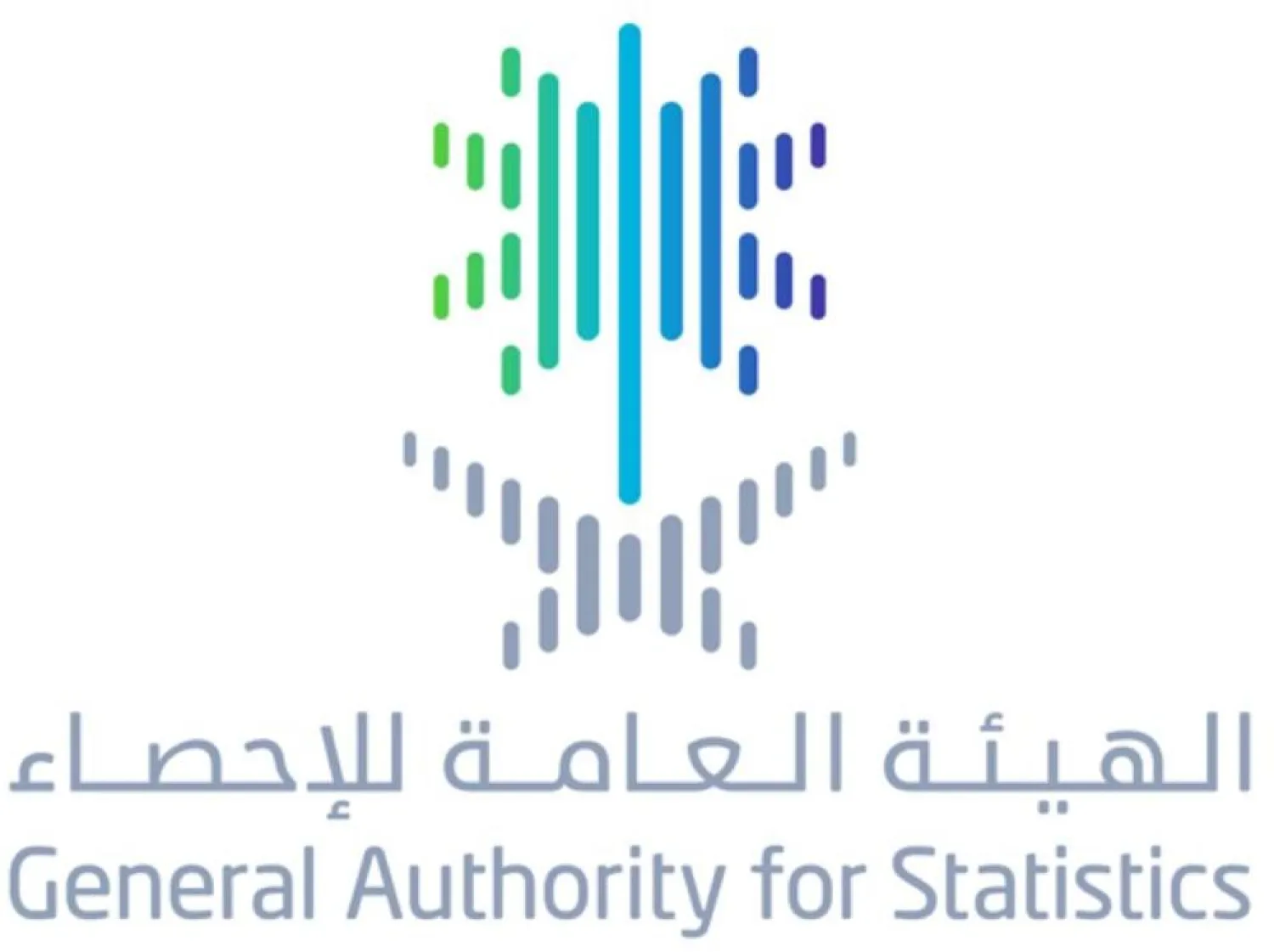The General Authority for Statistics (GaStat) has registered an increase in population to 32.4 million in H1 of 2019 with Saudis representing 61.7 percent of them.
(GaStat) saw a rise in the total of non-Saudis in H1 of 2019 of 460,000 with a growth of 3.5 percent at 13.10 million compared to 12.64 million in 2018.
The rise of non-Saudi residents in the kingdom coincides with the departure of more than 1.6 million foreigners after the introduction of fees on dependants in July 2017 according to Saudi Jadwa Investment.
It also comes after the kingdom announcing giant projects in various regions as well as launching Saudi Arabia's Premium Residency.
In the same context, the kingdom revealed in June that it started receiving applications for the Premium Residency (Special Privilege Iqama) through the electronic platform "Saprc".
The holders of Premium Residency enjoy several privileges: they can invest in real estate units in Makkah and Madinah for periods not more than 99 years, they can work in any private establishment and freely switch jobs, they can exit and enter the Kingdom freely, they can practice commercial activities, they can obtain visit visas for their relatives, they can recruit domestic workers, they can own real estate units for residential, and others.
Since launching Saudi Vision 2030, the kingdom initiated huge projects such as NEOM, Qiddiya, and Red Sea project in addition to other entertainment projects to develop the cities.
NEOM is located in an area of about 26.5 thousand square kilometers. NEOM's economic prospects will focus on 16 sectors such as energy, tourism, and others in addition to Qiddiya that would be inaugurated in 2023. More than 50 firms will contribute to building it, knowing that it consists of 5 hotels to be announced later on.









